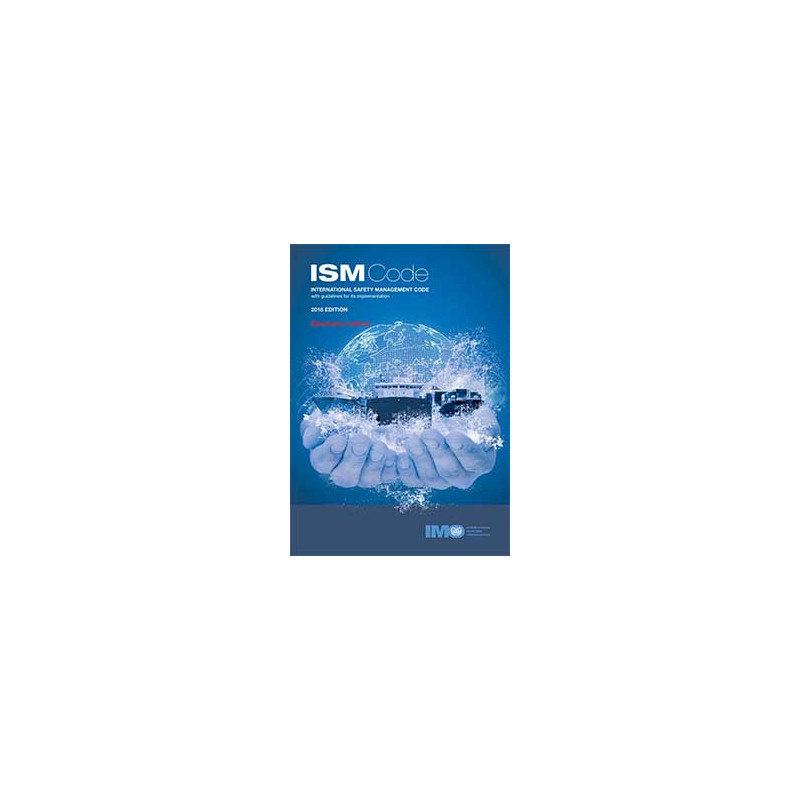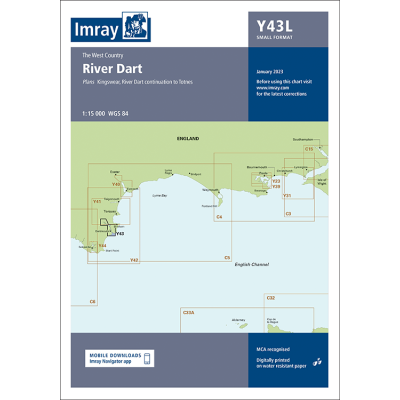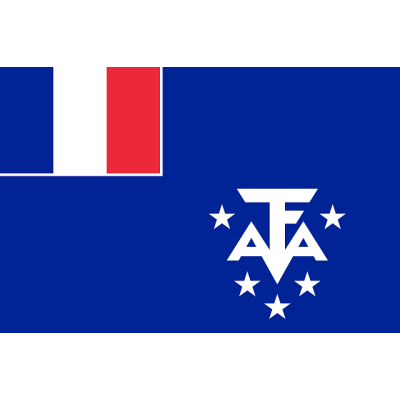Close arrow_back
- menu title
-
Custom Menu
add remove
-
Navigation
add remove
-
menu title
add remove
-
menu title
add remove
-
menu title
add remove
-
menu title
add remove
-
menu title
add remove
- menu title
-
Custom Menu
add remove
- Navigation add remove
-
menu title
add remove
-
menu title
add remove
-
menu title
add remove
-
menu title
add remove
-
menu title
add remove
e-reader: ISM Code with Guidelines, 2018 Edition
This e-reader is accessed using The IMO Bookshelf. For more information about The IMO Bookshelf, including purchasing and assigning e-reader products, please visit https://www.imo.org/en/publications/Pages/Bookshelf1.aspx
The International Safety Management (ISM) Code with guidelines for its implementation provides an international standard for the safe management and operation of ships and for pollution prevention.
It is an essential reference for maritime administrations, shipowners and operators, shipping companies, training providers and education institutes, shipbuilders, engine and equipment manufacturers and others with interest in ensuring safety at sea and prevention of damage to the environment.
This publication includes the texts of SOLAS chapter IX and the ISM Code. Additionally, Guidelines for the operational implementation of the International Safety Management (ISM) Code by Companies, Guidance on the qualifications, training and experience necessary for undertaking the role of the designated person under the provisions of the ISM Code, Guidance on near-miss reporting, Guidelines on Maritime Cyber Risk Management and resolution MSC.428(98) on Maritime Cyber Risk Management in Safety Management Systems are included.
The International Safety Management (ISM) Code with guidelines for its implementation provides an international standard for the safe management and operation of ships and for pollution prevention.
It is an essential reference for maritime administrations, shipowners and operators, shipping companies, training providers and education institutes, shipbuilders, engine and equipment manufacturers and others with interest in ensuring safety at sea and prevention of damage to the environment.
This publication includes the texts of SOLAS chapter IX and the ISM Code. Additionally, Guidelines for the operational implementation of the International Safety Management (ISM) Code by Companies, Guidance on the qualifications, training and experience necessary for undertaking the role of the designated person under the provisions of the ISM Code, Guidance on near-miss reporting, Guidelines on Maritime Cyber Risk Management and resolution MSC.428(98) on Maritime Cyber Risk Management in Safety Management Systems are included.




















 Cookies
Cookies